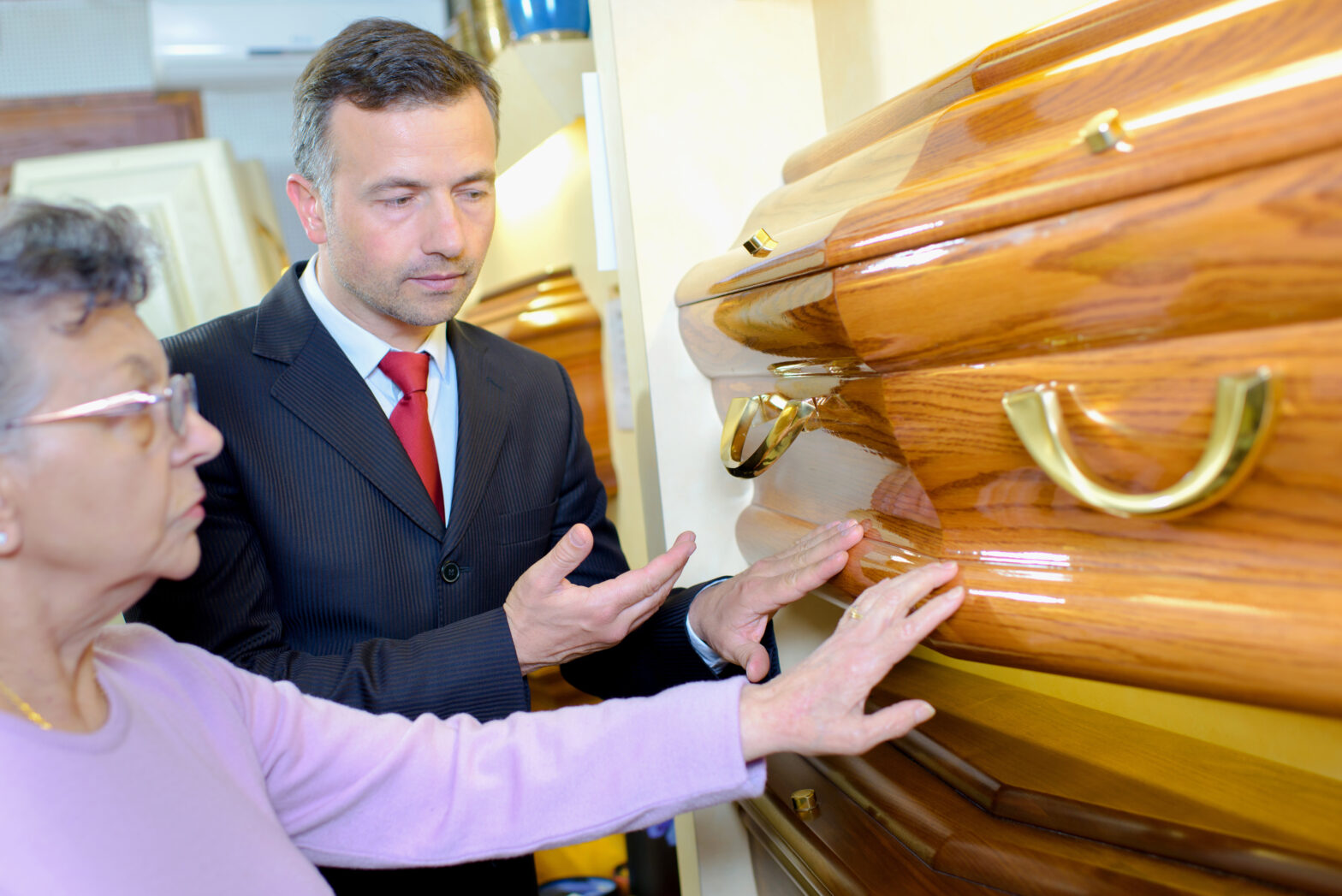The funeral industry continues to be a highly lucrative business in the UK, and is worth an estimated £2 billion a year and is still rising. Much of the work that is involved in funeral planning and the role of the funeral director is key to oversee that the entire process goes smoothly from start to finish.
As morbid as it sounds, funeral directors have a uniquely reliable source of income. The demand for funerals is not exactly falling, despite the ageing population. A typical funeral director will charge a fee of around £2,000 to £3,000 and this seems to be the standard rate, with their involvement including the transportation of the body, embalming and overseeing the booking and running of the ceremony.
How has the industry grown?
The funeral director business is big business. There are around 600,000 funerals per year and 4,000 funeral directors registered in the UK. Whilst not everyone will use a funeral director, the ratio between directors and funerals is 150 to 1. By simple demand and supply, a funeral director is getting a lot of business.
It is such a busy business that funeral directors are regulated with a code of practice by the National Association of Funeral Directors (NAFD).
What does a funeral director do at a funeral?
The growth of the funeral director business has been reinforced by their responsibility to oversee the funeral from start to finish – and customers will value their involvement during a difficult time.
In the planning stage, the funeral director will meet with you and your family to discuss your needs and desires regarding the funeral. They may arrange for the initial transportation of the body to the funeral home, and facilitate any preparations for viewings should you wish for the deceased to be visited prior to the funeral.
The funeral director will organise the necessary funeral paperwork and also the posting of death notices or obituaries in newspapers.
This includes booking a fleet or transport methods, ordering floral arrangements, liaising with your chosen venue, and inviting guests. Given the personal nature of a funeral, your input is necessary at these stages, but all of the administrative work can be exercised by the funeral director.
On the day of the funeral, most of the hard work has already been done by the funeral director. Their job here is to ensure that all of the plans go smoothly and that the family and friends are well looked after during this hard day.
After the funeral has taken place, the funeral director can undertake the following tasks:
- Arranging for ash-scattering
- Transporting the casket or coffin to a location
- Issuing memorial or thank you cards to guests
- Ensuring all legal or procedural documents are sorted
- General support services
How much do funeral director services cost?
The cost of paying the funeral director usually makes up over 50 per cent to 60 per cent of the overall funeral cost. This is part of an overall funeral cost that has significantly increased over the last few years, with the average funeral doubling in price over the last 10 years, from £1,920 to £3,897.
In line with the growth of the funeral director business, there has been the emergence of a new industry offering prepaid funeral plans – allowing individuals to buy insurance starting from £25 per month to offset the eventual cost of their funeral. Policies can be paid in monthly instalments or upfront sums and the idea is that the cost remained fixed, even if you die in several decades’ time. While the plans may not cover all the funeral director’s costs, the idea is that it covers most of them to save your family the financial burden.





